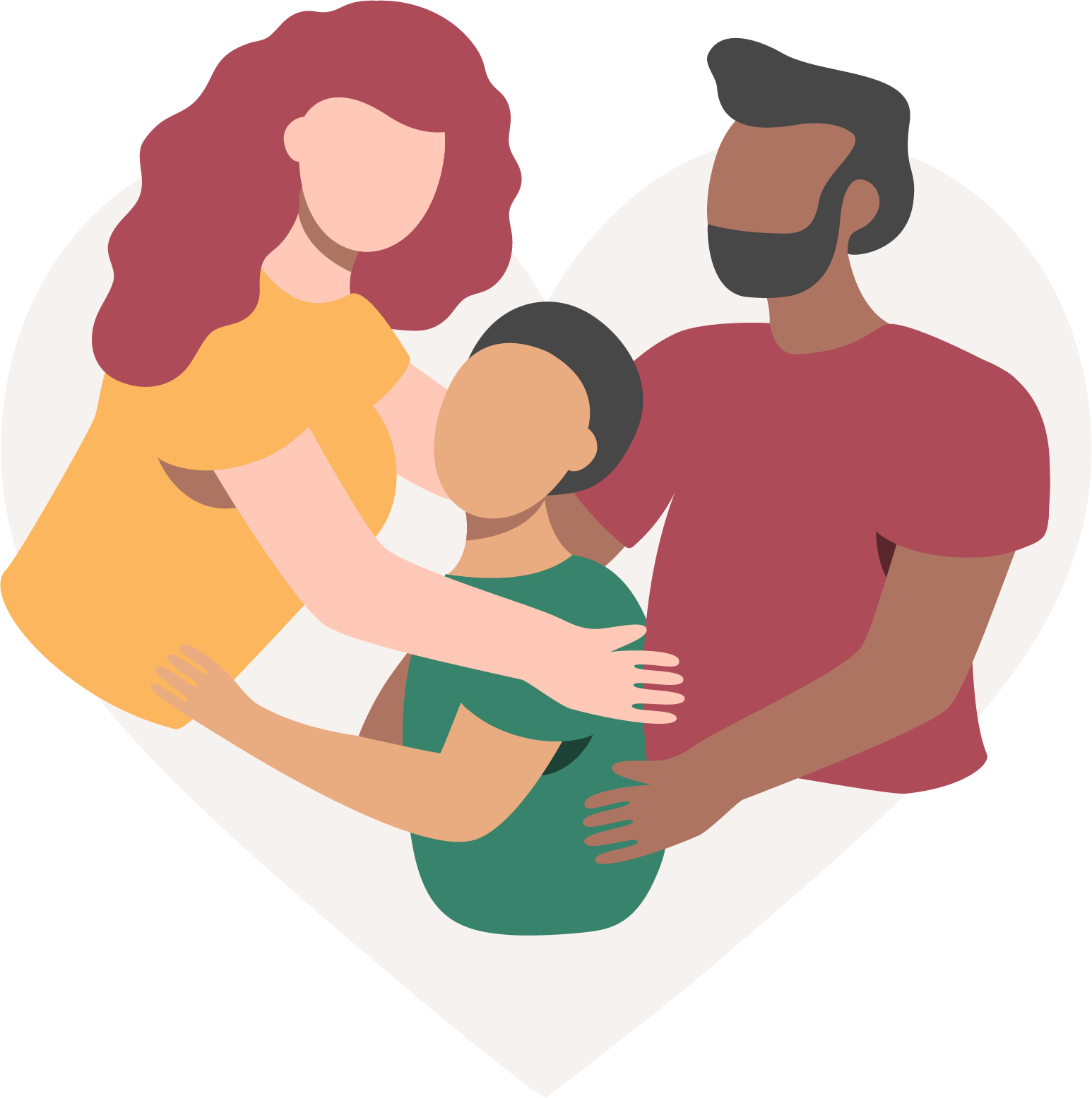Specialized counseling helps children with concerning sexualized behaviors
05.28.24
Category: Parenting, Therapy
05.28.24
Category: Parenting, Therapy
When people think of the King County Sexual Assault Resource Center, they are usually familiar with our work to assist victims of sexual assault and child sexual abuse.
Many have also seen our prevention education team in action, in schools and in the community, helping young people and the adults in their lives recognize and stop sexual violence from happening in the first place.
 But one of the lesser-known services KCSARC provides can be a lifeline for families whose young child (aged 11 and younger) initiates behaviors involving sexual body parts that are potentially harmful to themselves or others.
But one of the lesser-known services KCSARC provides can be a lifeline for families whose young child (aged 11 and younger) initiates behaviors involving sexual body parts that are potentially harmful to themselves or others.
We know it’s common and developmentally normal for a young child to be curious about their own body or that of others. So when does a behavior shift from developmentally appropriate to potentially problematic?
If a parent or a professional working with a child notices that the child is preoccupied with sexual body parts or behaviors that don’t align with their developmental stage, it may be time to seek an evaluation.
For example, if a child is touching themselves or others, using physical aggression or coercion to get others to comply, or causing physical injury to themselves or emotional distress to others, specialized counseling may help.
“Addressing these behaviors early on helps the child and the child’s caregiver understand the possible underlying reasons for these behaviors,” said Larraine Lynch, Chief Program Officer at KCSARC. “Once that’s better understood, families, working closely with a specialized therapist, are in position to help their child regulate those behaviors.”
Getting help for a child and family
KCSARC occasionally hears from parents who call when their child initiates concerning sexualized behaviors, usually because they believe their child has been abused.
But more often, referrals come from other professionals, such as school counselors, social workers, law enforcement officers or mental health professionals working with the child who see the need for specialized therapeutic help.
“Just as a pediatrician might refer a child to a specialist for diagnosis and treatment, other professionals refer families to KCSARC for specialized services when a young child is acting out with these types of behaviors,” said Lynch. “It takes specialized knowledge to identify root causes and treatment and we welcome referrals from anyone who interacts frequently with children and families,” said Lynch.
Removing stigma
Whether an evaluation identifies abuse, neglect or another underlying cause for the behavior, treatment requires sensitivity and nuance. “It’s essential to approach these situations without fear, stigma or judgment. While behaviors that are age-inappropriate can be a sign of abuse or other trauma, we find they more often stem from unmet emotional needs, a lack of boundaries in the home, or exposure to highly sexualized situations or materials,” said Lynch.
Therapy typically involves 12-16 sessions and includes the whole family. Successful therapy helps the child regain internal controls, while the family learns how to better manage the home environment to support the child’s progress, often through changes in supervision and boundary-setting.
“We don’t just focus on the child; we specifically involve their parents/caregivers to help identify and address what’s underneath these behaviors,” said Lynch.
By addressing problematic sexualized behaviors in young children, we can provide them with the help and support they need while helping create healthier individuals, families and communities for all.
For more information or to make a referral for evaluation, please contact our office at 425.226.5062 or our 24-hour Resource Line at 1.888.998.6423. For information or referral in Spanish language, please call our Dando Voz line at 425.282.0324.